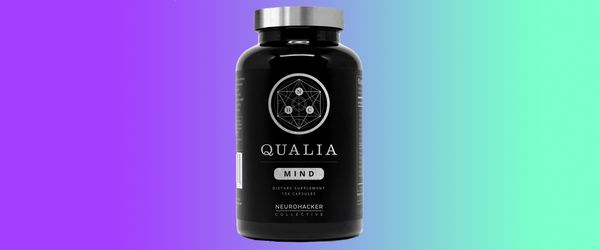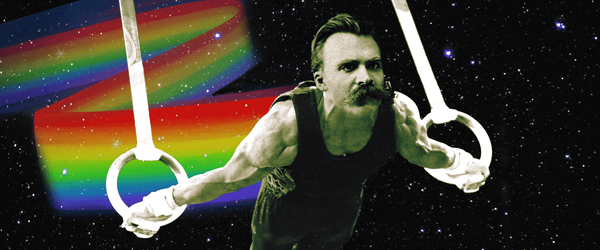Zak Columber • • 6 min read
The Tao of Fat Loss: How to Lose Weight by Doing Less
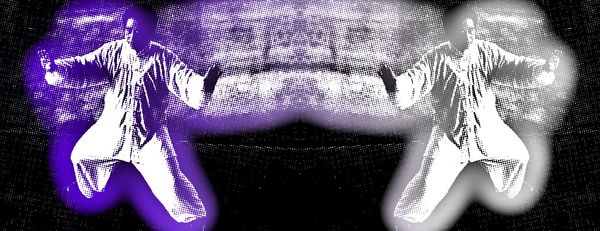
I used to think I needed to be physically perfect in order to receive love.
So I dieted, constantly. I tracked every calorie. I lifted weights for hours, ran hill sprints, and used a lot of stimulants to keep my energy levels up.
I obsessed over my goal of physical perfection, and I failed.
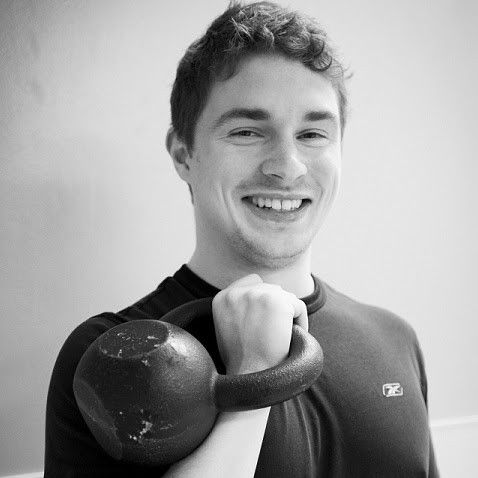
Fast Forward
Fast forward to a meditation retreat, years later. I had gone on the retreat as a last ditch effort to ward off the anxiety and helplessness I was feeling during my last year of college.
It was a serene day, snowy and white. We were in the middle of a meditation work session shoveling leaves out of a roadside ditch.
Although I had been explicitly instructed not to worry about how much work I got done, I found myself thinking, “You’re so lazy. Stop taking breaks. Everyone is judging you.”
At that moment, an insight hit me: my thought patterns were just broken records that kept repeating the sad song of, “You are not good enough. You should be afraid. Why would anyone love you?”
I realized these “broken record” thought patterns were not grounded in reality, and these thought patterns did not have to define me as a person.
Fast forward again, to the present moment. After graduating with an Exercise Science degree, spending 9 months as a personal trainer, and going on a few more meditation retreats, I am now a weight loss coach.
And today, I want to share with you the lessons I gained from my experiences of inadequacy that have helped my clients lose weight, while feeling better in the process.
The Tao of Fat Loss
The old school approach of self-discipline (read: self-abuse) is to deprive yourself of your favorite foods and make sure you exercise way more than you’re used to. And if you fail, it’s because you lack willpower or “you just don’t want it badly enough.”

My approach towards fat loss has its roots in the Tao Te Ching, my favorite book in the world. Let’s start with a quote from it:
“I have just three things to teach:
Simplicity, patience, compassion.
These three are your greatest treasures.
Simple in actions and in thoughts,
You return to the source of being.
Patient with both friends and enemies,
You accord with the way things are.
Compassionate toward yourself,
You reconcile all beings in the world.”
— Lao Tzu, Tao Te Ching
Simplicity: focus on ONE change at a time. Single-minded focus makes you much less likely to fail.
Patience: make your change easy and realistic to implement in your lifestyle. Look for the easy wins that give you the best bang for your buck. Then, be patient and diligent, and watch how the small, easy changes add up over time.
Compassion: if you can treat yourself with kindness and respect even when you feel like a fat failure…. You will be able to persevere through the inevitable low points and eventually be successful in your fat loss journey.

To me, the Tao Te Ching is a manual about the art of living. And the art of living, along with the art of change, are primarily emotional processes, not intellectual ones.
So by making the process of losing fat as emotionally enjoyable and easy as possible, we are embodying the Tao.
Right now, your left brain might be thinking, “Great Zak. All this philosophy is nice and all, but what habits should I be focusing on?”
My answer is: I don’t know.
But I do know that there are underlying fat loss principles that are helpful to follow, and I’ll share two of those principles today, along with some habits that have worked well for my clients.
The first fat loss principle is to eat more vegetables, something I often struggle with. There are two reasons vegetables help you lose fat and keep it off:
- Vegetables are low in calories.
- Vegetables keep you full.
You can begin eating more vegetables and eventually turn the practice into a habit by taking simple, gradual steps. Trying to change everything overnight rarely works.
So if you ate vegetables only one day this week, then set a loose goal for yourself to eat vegetables 2-3 days next week. The week after that, 3-4. And on and on, until eventually you’re aiming to eat vegetables with every meal.
Another key fat loss principle is to eat more protein, which I also struggle with but am currently focusing on. Protein is useful because it is very filling, and it prevents your body from “eating” your muscles when it gets hungry. Some good protein sources:
- Lean cuts of meat, chicken breast, and fish, including tuna
- Greek yogurt, cottage cheese, protein shakes, eggs
- Edamame, beans, tempeh, tofu, soy protein shakes or bars
An easy way to begin to develop a habit around eating more protein is to begin having a protein shake for the first meal of the day. This quick and painless tactic has worked well for my clients.
You can challenge yourself to have a protein shake for your first meal 1-2 days out of the week, then gradually increase until you’re drinking a protein shake most mornings.
After that, you can slowly begin to incorporate lean meats, yogurt, beans, cottage cheese, etc. into other meals as well.
Again, simple, gradual steps are important. Don’t try to change at a pace that feels unnatural, but rather, feel into yourself — into the behaviors that you know need to change — and listen to the small voice telling you what needs to be done and at what pace you should do it.
Then, don’t force yourself to do anything. Simply let it happen.
The Taoist approach to fat loss is to stop stressing and striving and simply allow your body to do what it already knows it needs to do. To just take incredibly small, ridiculously manageable steps in the direction of growth and change.
One objection your rational mind may be giving you: if I take such small steps, won’t it take forever to lose weight?
Here is what I have found with myself and my clients:
When we think of losing weight, we think that we have to consciously direct every little detail of our eating habits.
But in reality, micromanaging usually creates stress, and stress combined with emotional eating patterns leads to fat loss failure.
Instead, we focus on one small, positive nutritional habit. That intention creates a ripple effect through our subconscious minds, affecting everything we do in bigger and bigger ways.
So suddenly, without even thinking about it, we are drinking more water. Or eating slightly less cake and ice cream.
I’m a white boy from suburban Ohio. But these ripple effect changes seem to be a part of what the Taoists mean by wu-wei, or non-doing.
Summary
To summarize, the basic steps are:
- Choose a fat loss habit that is easy and realistic to practice. Consider basing it around eating more veggies or more protein.
- Set yourself a goal of how many times per week you would like to do this habit. Again, start easy and small and increase over time.
- Once the first habit has become second nature, choose another one.
Remember: life is a gift.
By choosing to love ourselves in each moment, we make the most of that gift.
If you have any questions about weight loss, I would love to help you out. Just send me a message on Twitter or Facebook. You can also visit my website, Memento Mori.
—
For more enlightening information on healthy eating and weight loss, we at HighExistence recommend:
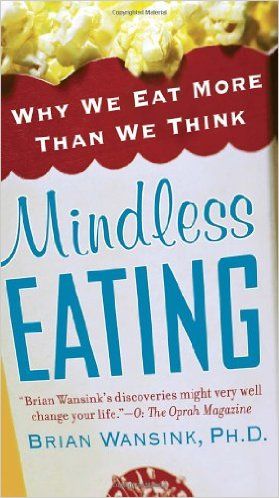
Mindless Eating: Why We Eat More Than We Think explores the phenomenon of overeating and the way in which our culture conditions us to eat more than we need.
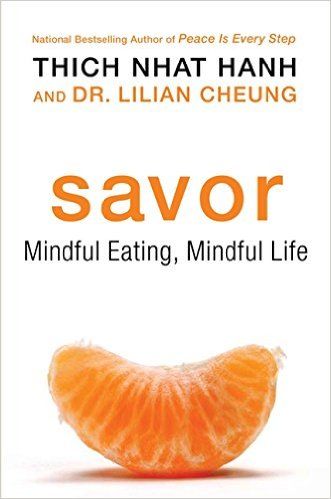
Savor: Mindful Eating, Mindful Life harnesses the wisdom of Buddhism to explain how mindfulness can revolutionize our eating habits.





